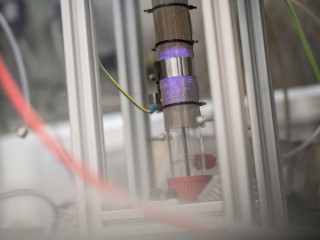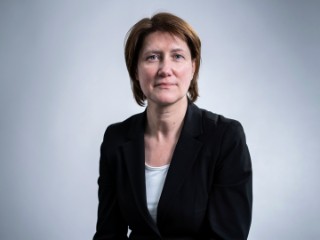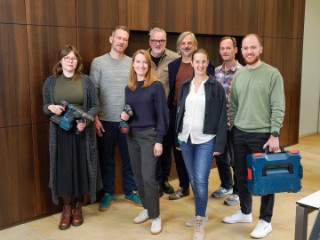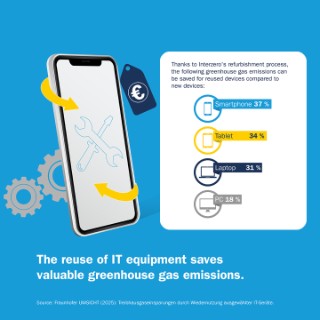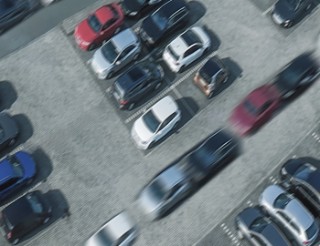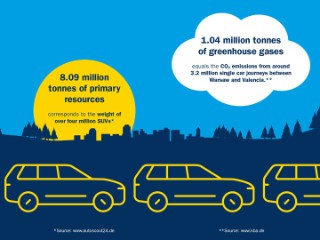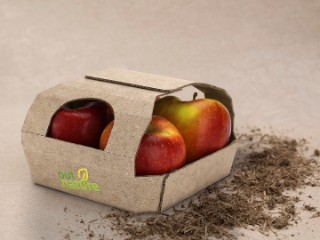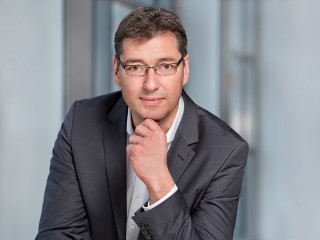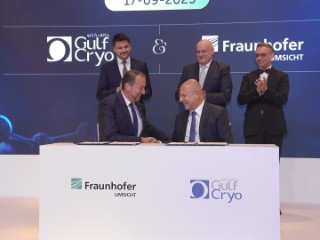Carbon Management / 2025
8th Conference on Sustainable Chemical Conversion in Industry highlights progress and challenges on the path to a climate-neutral industry
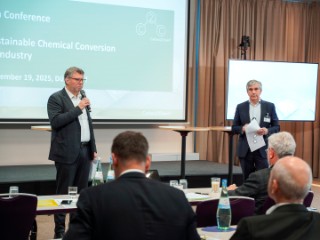
The 8th Conference on Sustainable Chemical Conversion in Industry took place on November 19 in Düsseldorf and virtually as part of the Carbon2Chem® joint project. Around 170 participants from the academic and business communities, as well as from the political and association sectors, came together to discuss the progress of the project, funded by the Federal Ministry of Research, Technology and Space, and the next steps on the path to climate-neutral industry. The focus was on carbon capture and utilization (CCU).
more info Fraunhofer Institute for Environmental, Safety and Energy Technology UMSICHT
Fraunhofer Institute for Environmental, Safety and Energy Technology UMSICHT